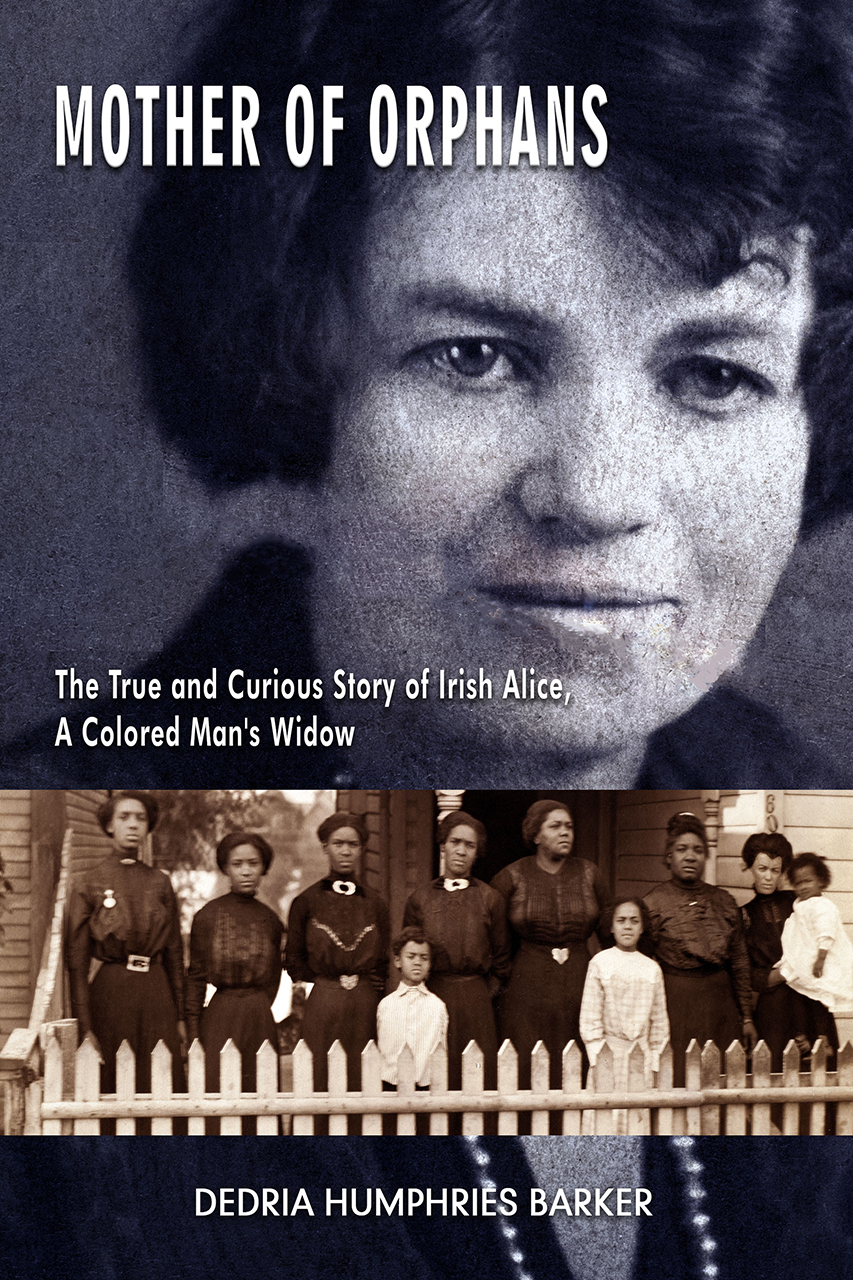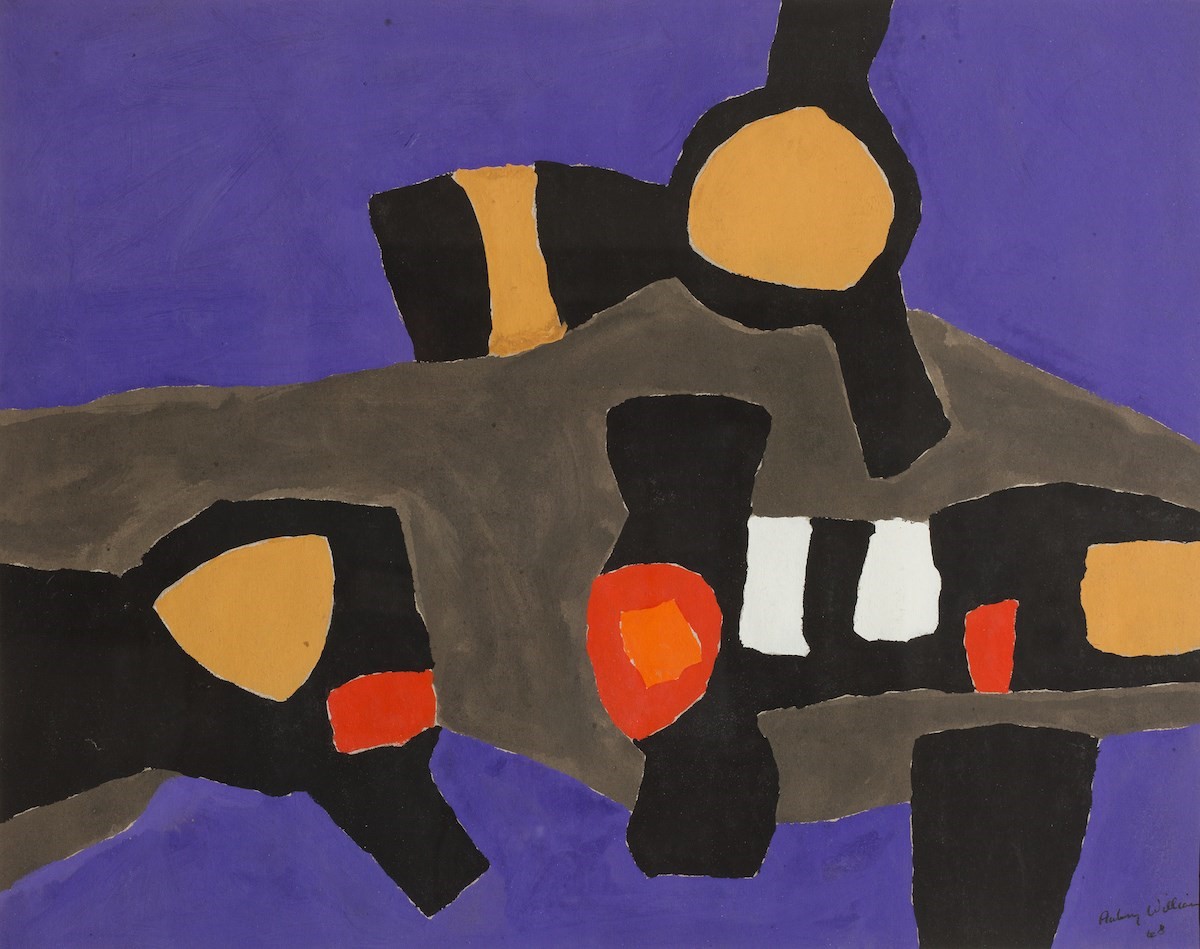Midwest Mixed: Taking the lead on antiracist conversations about multiraciality
Sharon H. Chang, Author, Photographer, Activist
2019-07-25
Sharon H. Chang

Me and Alissa Paris
“There is colorism in this work. There is shadeism in this work. There is anti-blackness in this work. And we are here to critique that.” —Alissa Paris, Executive Director and Co-founder, Midwest Mixed
Heat bounces off the parking lot pavement, blazes bright off light beige walls of the church where the conference is being held. It’s a typically warm, humid morning in Minneapolis. Summer glimmers across a yellow Black Lives Matter banner, bold against the south wall. Inside, the air is comfortable and cooled. Organizers and volunteers in deep purple T-shirts, “Midwest Mixed” written in turquoise, mill about, preparing. More attendees drift through doors, queue up, write their pronouns, hang lanyards from their necks.
Volunteers hand us beautiful 29-page, full color programs. Workshops include reflective writing, creative movement, dialogue and panels. I appreciate right away that there is an emphasis in the workshops on healing, parenting, mental wellness, and healthy families. There is note taking space in the back of the program and a worksheet entitled “A Deep Dive On My Identity” to help attendees think on the different intersections of our whole selves (e.g. geography, nationality, ethnicity, language, race, religion, socioeconomic status, ability, sexual orientation, gender ID, etc.).
In the marketplace, vendors sell social justice buttons, cards and shirts, jewelry from Africa, Corage Dolls to build self-love and confidence in girls of color. Posters display Maria P. P. Root’s Bill of Rights for Racially Mixed People, a history of the multiracial movement, definitions of terms like intersectionality, ethnicity, sexual orientation, gender pronouns. Multi-medium works by local artists fill social rooms and hallways, including Within, Between, and Beyond: a multi-layered interactive installation on mixed race and transracial adoptee stories…
…And by the end of the weekend, I realize I’ve just attended one of the best race conferences I’ve ever been to…
Read the entire article here.





